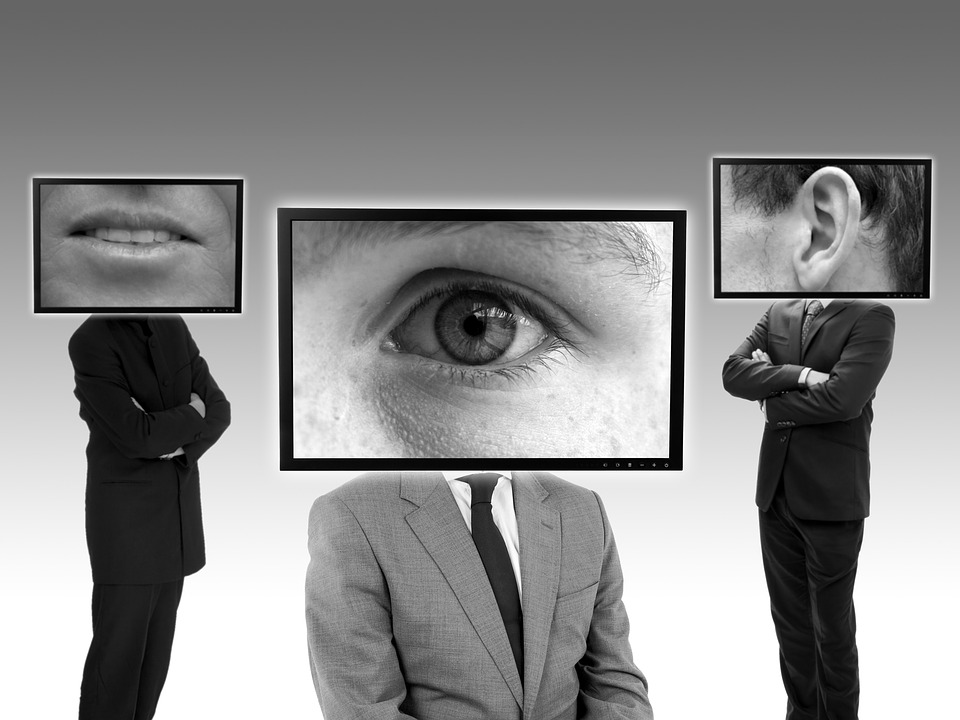Key Difference – Perception vs Assumption
The main distinction between perception and assumption lies in their definitions: perception refers to the way of regarding, interpreting, and understanding something, while assumption is a fact or statement accepted as true or certain to happen without proof. Additionally, perceptions are more likely to provide accurate information since they are based on our senses or intuition, whereas assumptions might be further from the truth as they are not founded on concrete evidence.
What is a Perception?
Perception involves regarding, interpreting, and understanding something, or the way we sense situations. We primarily use our five senses and intuition to form perceptions, making it a process of observation and interpretation. The Oxford dictionary defines perception as “the ability to see, hear, or become aware of something through the senses,” and the Merriam-Webster dictionary defines it as “the process of perceiving something with the senses.” However, perceptions are not universal, meaning they can differ among individuals. People’s perceptions are based on individual experiences, backgrounds, assumptions, etc., and can affect the way we think and behave. Perceptions are formed using one or more senses.
What is an Assumption?
An assumption is a fact or statement considered to be true. The Oxford dictionary defines it as “a thing that is accepted as true or as certain to happen, without proof,” while the Merriam-Webster defines it as “something taken for granted or accepted as true without proof; a supposition.” Hence, an assumption is a supposition made without evidence. We make many assumptions in our daily lives, such as about other people’s actions, intentions, or thoughts. In other words, we use assumptions to interpret others’ behavior. However, we rarely consider that we may be laying a flawed foundation for understanding others’ behavior. It is always better to identify and verify the truth of your assumptions.
What is the difference between Perception and Assumption?
Definition:
Perception is a way of regarding, interpreting, and understanding something.
Assumption is a fact or statement that is considered as true, without proof.
Base:
Perceptions are based on senses or intuition.
Assumptions are not based on any concrete evidence.
Verb:
Perception is derived from the verb “perceive.”
Assumption is derived from the verb “assume.”
Relation to Truth:
Perception may be closer to the truth since it is often based on sensory information.
Assumptions may not be based on truth.
Image Courtesy: Pixabay
